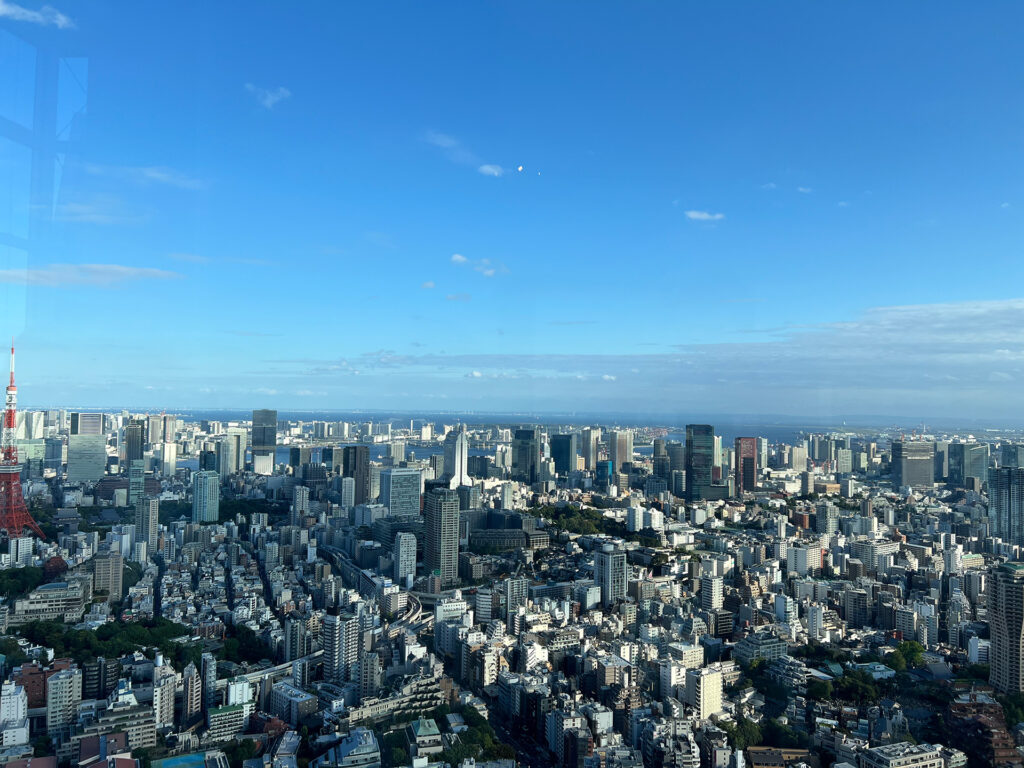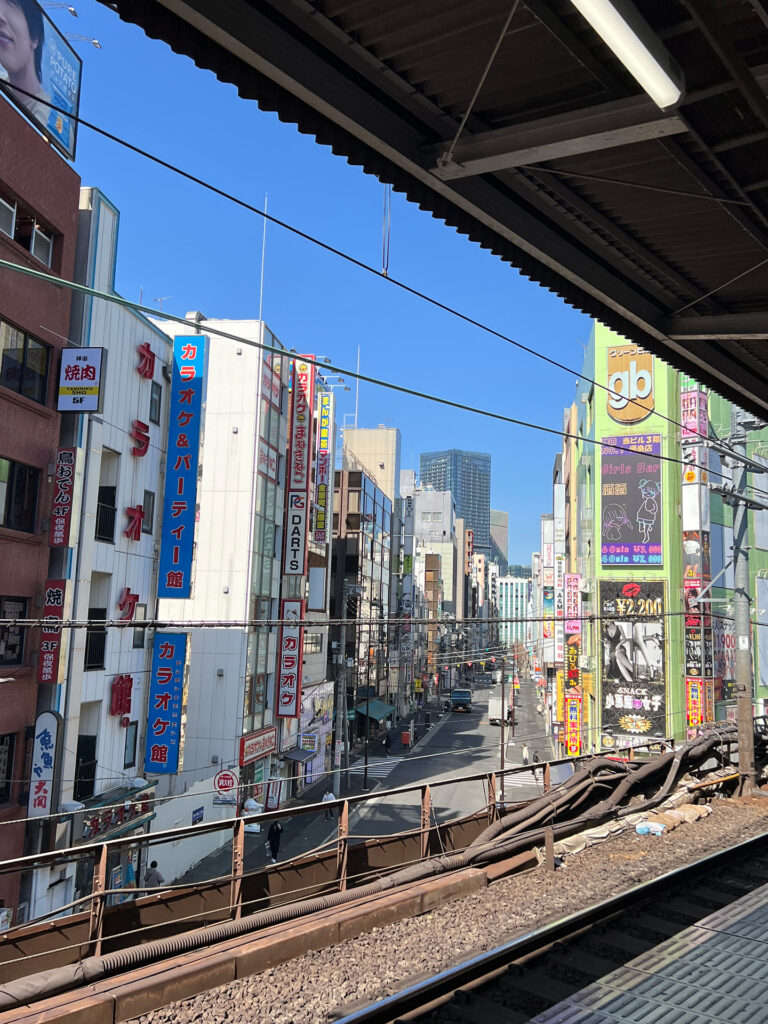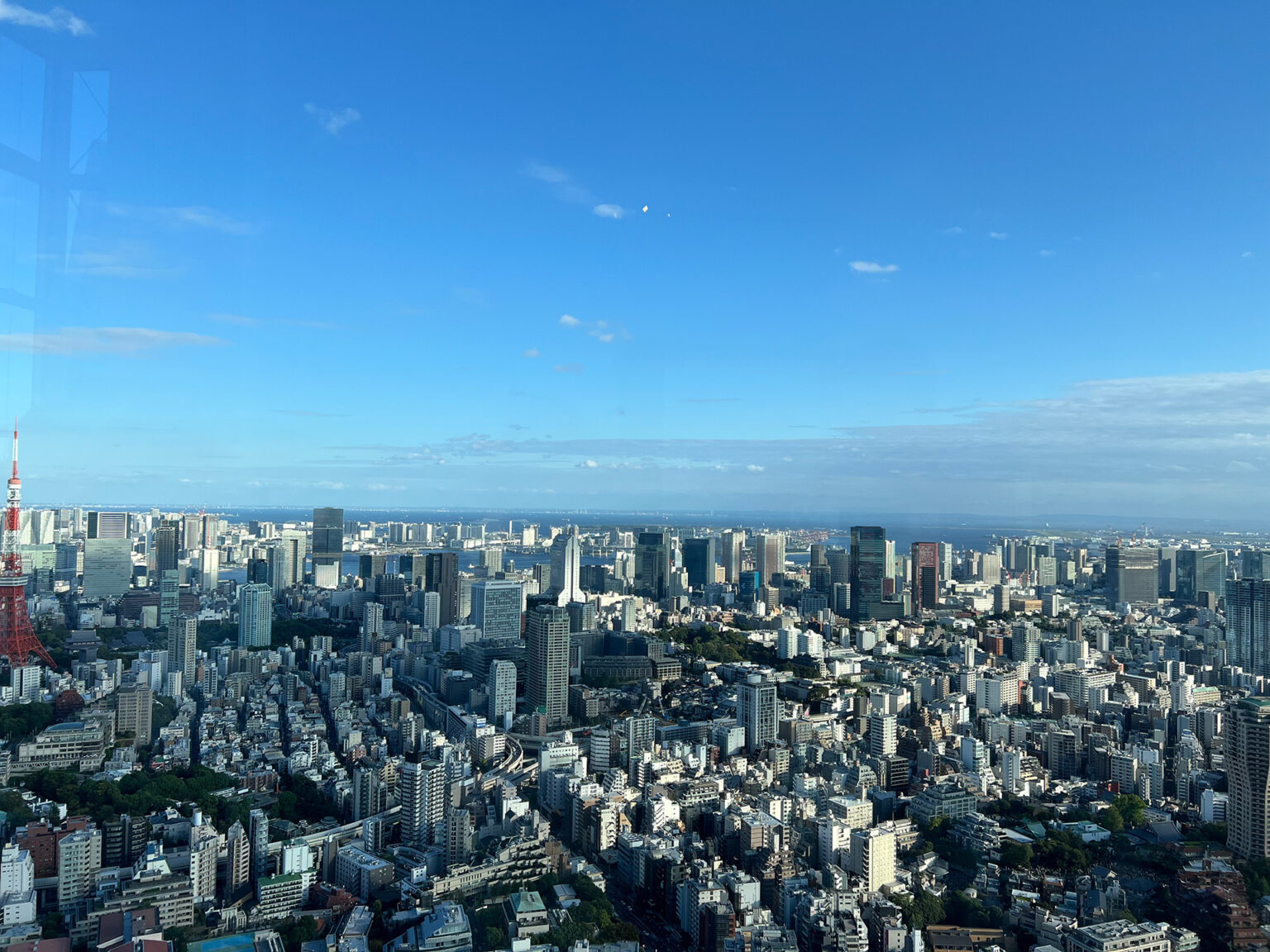Company Touch Tracker
This quarter our team engaged with 426 companies across the world, putting our trailing 12-month company touches at 1,758.
In Q3, team members traveled domestically to Texas, Illinois, California, New York, Ohio and Tennessee. Internationally, team members traveled to Japan, Canada, United Kingdom, and Brazil and interacted with companies in 27 other countries. We track these interactions and share them on our Company Touch Tracker1.
Japan Recap
Juliette Douglas, Blake Walker, Randy Pearce, Brad Barth and Alex Watson, Research Analysts, traveled to Japan this quarter. Here are some of the team’s comments on their research trip:

Japan is a country we typically visit two to three times a year because it is a haven for microcap companies. Due to the language barrier, we usually require a higher number of interactions with company management teams to ensure that the story matches the numbers. This extended price discovery process, combined with the typical conservatism of Japanese management teams, can create significant inefficiencies in the market.
Recently, market participants have been encouraged to become more capital efficient after decades of hoarding cash on their balance sheets. Regulatory changes beginning in 2023 now require management teams to improve capital efficiency and shareholder returns. We have seen a pronounced difference in our discussions with Japanese companies—
particularly those with a value tilt—centered around their efforts to increase returns on capital. Companies that are actively engaging with their investor bases on share buybacks, growing dividends, and driving higher returns—and then demonstrating these efforts through their earnings results—are being rewarded with higher multiples. We believe this is a particularly important time to be covering the waterfront in Japan so our portfolios can maximize the benefits of this opportunity.

We are always looking for the high-quality growers, and in Japan, the challenge lies in identifying companies that we believe can perform better than management may generally articulate. Cultural norms of humility—tied to downplaying achievements and deflecting compliments—along with a preference for minimalism, require an additional layer of discernment when interpreting company results or discussions with management teams.
Companies in Japan have been laggards in adopting technologies, including the potentially disruptive AI innovations, creating opportunities for progress and displacement. Compared to other large, developed markets, it feels like it will be some time before the impact of AI is broadly felt in the country. There remains a significant leap from on-premise infrastructure to cloud-based systems. Whereas a US-company employee in a sales and marketing role might be empowered to use technology to implement change independently, in Japan, the cultural norm is for technological change to be contained within the specialized technology departments of an organization. This slower pace of digital transformation persists and may take longer to permeate at the individual, company and national levels.
During our visits, management teams universally commented on the shortage of labor, most acutely engineering roles. Companies are generating strong demand for consulting services, with much of the work focused on technology. For now, people-intensive IT service companies will continue to have a variety of work available to them.

These trends are reflected in the general labor shortage in Japan, driven primarily by an aging workforce and low birth rates. Recruiting platforms, staffing companies, and businesses focused on retraining workers all contribute to a highly competitive environment for both professional and skilled labor. We have also observed a shift in Japan’s foreign labor policies, aimed at alleviating shortages that are not typically addressed through automation or other labor-saving technologies–particularly in industries such as health care and construction.
As we return home from a trip with over 50+ meetings, we assess the quality of each company, the durability of its earnings, additional diligence that we might do, and where to make adjustments to current portfolios. We firmly believe that maintaining a meaningful allocation to Japan in the appropriate portfolios will be key to achieving our long-term investment goals.
[1] Grandeur Peak Global Advisors – About Us – Global Footprint, https://grandeurpeakglobal.com/global-footprint/
